A Look Into Carrie & Lowell By Sufjan Stevens
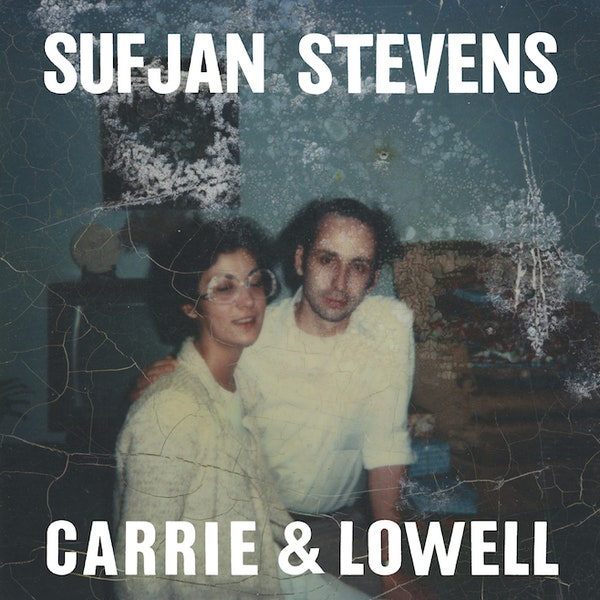
Image via Pitchfork
November 7, 2021
Carrie & Lowell is easily one of the most heartbreakingly beautiful albums of the 2010s. Discussing the sadness of a loved one’s death, this album is a tribute to his mother, who passed away in 2012. Although that is not all that it is about, it is a dark complex record with a sense of nostalgia evoked in each song. Sujan’s mother lived in Oregon with her second husband Lowell, she dealt with severe depression, schizophrenia, as well as alcoholism. Carrie had left Sufjan and his siblings when he was only 7 years old, growing up he only saw her when he came to visit Oregon in the summers with his siblings. Stevens’s memories of his mother are not described as uncomplicated and easy, she did not necessarily make him feel secure due to her abandonment. Sufjan often uses obscure stories, memories, and moments of time in his songs, he has a true talent of storytelling that many artists have not perfected the way he has. This album is more stripped back than his prior albums, being extremely truthful and emotional, describing such personal relationships and situations that have happened to him leading up to this point.
“I forgive you mother / I can hear you, and I long to be near you,” he sings in the first song of the record “Death With Dignity,” which is my personal favorite on the album, and may even be my favorite song of all time. “Death with Dignity” simply is about forgiveness, he forgives his mother for leaving him and his siblings, as now he understands and sees clearly that she was not capable of being the mother they needed. He believes that forgiveness is important, and making amends with people while you still can is crucial, especially with those you love. This whole album is about Sufjan trying to reconnect with his mother, due to the lack of connection he had with her growing up. At the end of the song Sufjan repeats, “Every road leads to an end / yes, every road leads to an end,” This may be referring to his mother leaving him, no longer being a part of the family. Another “road ending” Could be when she passed away. The repetition of the song may show that Sufjan has come to terms with the fact that death is inevitable, and no one is immortal. Whicher way one may infer this lyric, it fits perfectly with the theme of mortality, death, and absence within the song and album really, making it the perfect opener. This song discusses Oregon’s Death With Dignity Act which was established in 1994. Throughout all of Carrie & Lowell, he discusses events that took place during his time in Oregon visiting his mother while she was still alive.
Sufjan may feel as though he did not have enough time to reconnect with his mother before her death. The lack of connection they had before she died is a main topic in the album, as well as forgiveness and looking back on the memories they did have together, whether they were happy or sad.“When I was three / three maybe four, she left us at the video store,” he sings this in the second song on the album “Should Have Known Better,” describing his hardship of grieving someone he only half remembers, which may be the most substantial theme within the whole record. “When I was three, free to explore / I saw her face on the back of the door,” the vagueness of the moments Sufjan experienced with his mother is just another determination of his difficulty finding the correct way to grieve his mother. He has a hard time understanding how to deal with her death because he had such a vague relationship where he felt as though he barely knew her. Following these lyrics, the instrumentals change creating a more hopeful and light sound to the song. This change in tone may represent Sufjan letting go of these negative memories he has of his mother, accepting what their relationship was and was not, accepting the pain and her death. “The past is still the past / the bridge to nowhere,” Sufjan connects his mother and Oregon, as that is where she lived and where he would visit her at. This lyric is thought to represent the bridge in Astoria that spans between Oregon and Washington. Sufjan could be using this bridge as a metaphor, he wasted a lot of time trying to make sense of these faded memories he had with his mother.
Sufjan has always been one to weave personal stories into his songs, Carrie and Lowell just simply does it best, all of the songs seamlessly flow into each other. The fifth song on the album “Eugene” perfectly describes a summer day, moment, or memory Stevens may have encountered while staying in Oregon. This whole song revolves around longing for the past and even his Mother’s attention, “I dropped the ashtray on the floor / I just wanted to be near you,” this lyric makes it obvious that he just dropped this ashtray for some sort of attention from his mother, even if it was him getting in trouble. He didn’t care what attention he got from his mother, as long as he got some at all. This may stem from the fact that his mother left him at a young age, and only seeing her on occasion, he had that missing nurturing comfort for long periods of time. “Some part of me was lost in your sleeve,” Sufjan feels as though a part of him was lost up his mother’s “sleeve,” placed away but still cared about. Eugene is a city in Oregon where his Mother and step-father Lowell lived, “No I’ll never forget,” is a simple lyric that describes how Sufjan will never forget what Eugene and those summers spent in Oregon meant to him, even if those memories may be hard to relive. That last lyric reads, “What’s the point of singing songs / if they’ll never even hear you?” It is obvious that “you” in this lyric is referring to Carrie, Sufjan is wondering what the point is of writing a song about his mother if she will never even hear them.
The following song on the album “Fourth of July” is a spiritual conversation between Sujan and his Mother following her death. The song starts with the lyric, “It was night when you died, my firefly,” which starts the spiritual conversation between him and Carrie, Sufjan describes his mom as something that is made up of brilliant light that shortly fades away. “Did you get enough talk / my little hawk, why do you cry?” This is now from mother to son, Carrie uses the term of endearment to describe Sufjan. Hawks are often a symbol observant, she wants Sufjan to see that death is not terrifying, as it is inevitable. “Did you get enough love, my little dove,” a dove often is used as a symbol for peace and love, this lyric infers his Mothers love towards Sufjan and the affection she holds towards her son. Throughout “Fourth of July,” there are constant references to the sky as there are also many terms of endearment to either describe him or his mother. “Shall we look at the moon, my little loon,” prior to this lyric Sufjan’s mother describes Sufjan as her, “star in the sky” as now she wants to look at the moon with her “little loon,” she wants to admire the beauty of nature on a simple night. This song might be allowing Sufjan to imagine a conversation that he hoped to have with her mother, he would like to think she would respond this way to him, expressing the love she has for him which she might not have done very often while she was alive. This is often something one does that helps them grieve and come to terms with the death of a loved one.
Following “Fourth Of July’s” references to the sky, “The Only Thing” starts with the lyrics, “The only thing that keeps me from driving this car/half-light, jackknife, into the canyon at night,” Sufjan obviously has an urge to continue driving in his car off a cliff, but once he looks up into the night sky, filled with constellations, it gives him a sense of hope, so he decides against it. After his mother died, Sufjan may have gone through a very self-destructive time and may even become suicidal at the time of his mother’s death. “The Only Thing” speaks about how Sufjan felt connected to his mother regarding her death, he felt as though he was falling into similar self-destructive ways that she had. “In a veil of great disguises, I wonder did you love me at all,” commonly after someone’s death, people see all the good things they did, maybe even hero-worship them, which Sufjan did with his Mother. He then later realizes that she may not be the loving mother that he may have thought her to be immediately after her passing. Sufjan is haunted by the thought of his mother’s death, “Should I tear my heart out now? / Everything I see returns to you, somehow,” he feels as though it would be easier to “tear his heart out” rather than experience the pain of her death, be numb to it rather. Since Carrie died it is obvious that Sufjan started to believe that everything in his life was connected to his mother, that she was a bigger part of his life than he may have thought prior to her passing.
The theme of self-destruction does not end with “The Only Thing” the tenth song on the album also refers to Sufjan’s desperation to feel okay after his mother died, and the unhealthy ways he coped with it. “I’ll drive that stake through the center of my heart / lonely vampire,” this may be Sufjan contemplating suicide by a drug overdose, the “stake” being a metaphor for a needle he may use to inject the substance. Stakes are known to be used to ward off vampires, this may be a reference to Sufjan’s lack of faith throughout his time of grieving his mother. The last lyric of the song, “There’s no shade in the shadow of the cross,” refers to Sufjan attempting to turn away from the self-destructive path that he has been on due to his mother’s death, the cross in this scenario is a place of safety and further healing. Similar to how the cross says away vampires, the cross can be a reference to how Sufjan feels as though his mother is controlling him mentally.
Writing Carrie and Lowell had the power to give Sufjan some sort of closure that he may not have gotten from his mother. “Blue Bucket of Gold” is the last song on the album, it is a short but beautiful song centering around the idea of this “Blue Bucket of Gold” which is a reference to the Blue Bucket Mine centered in Oregon rumored to have gold full enough to be able to fill a blue bucket. Sufjan’s, “blue bucket,” within this song is a treasure he can never have but only imagine through spiritual conversations, the night sky, vague memories of his mother, but may never have had or have again. This album ends with a devastating metaphor, connecting all the main aspects of Carrie and Lowell.











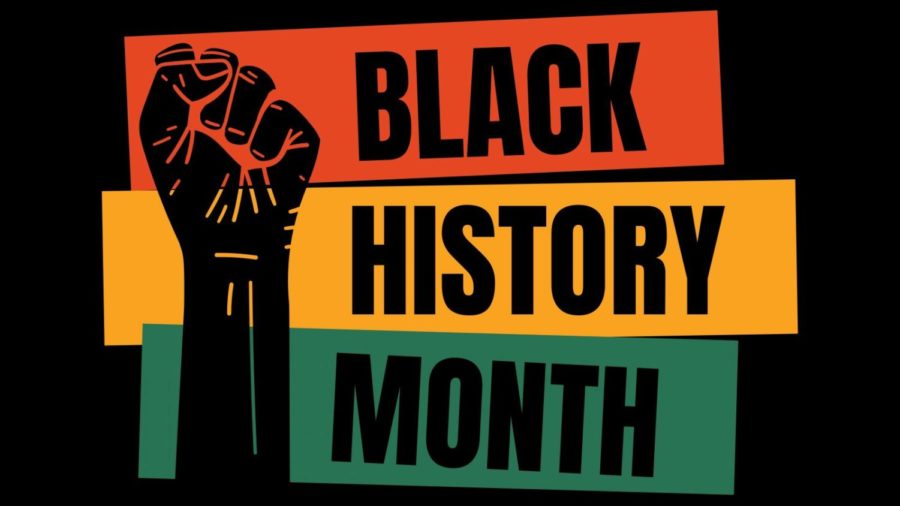




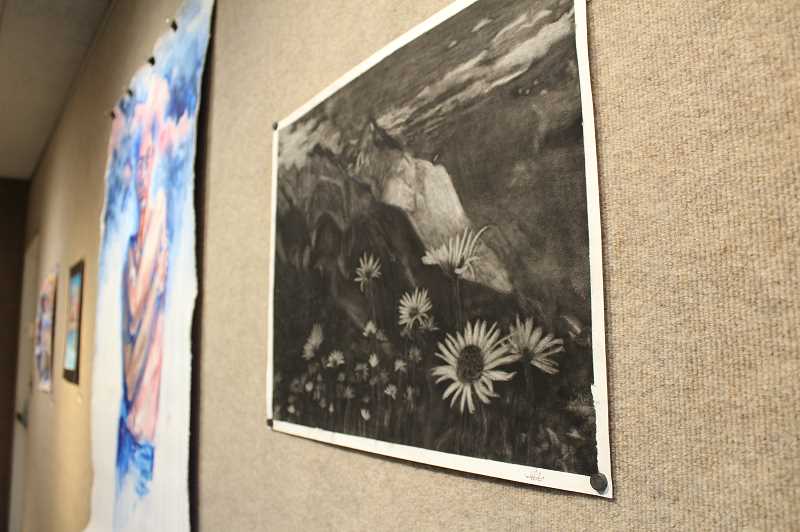









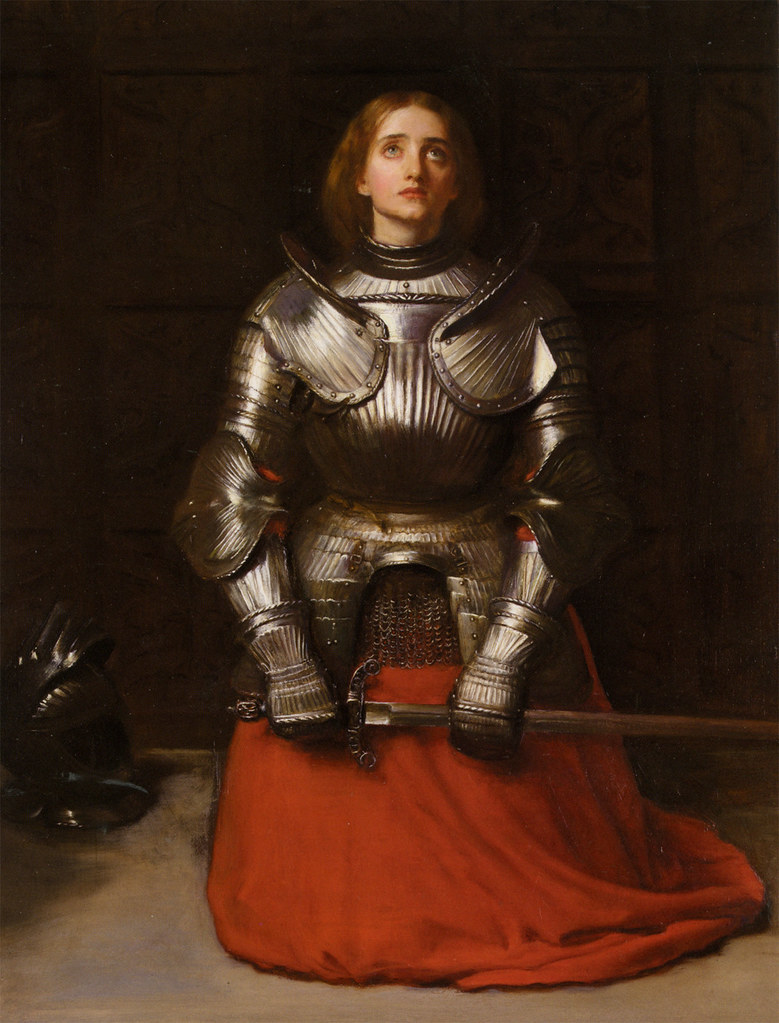










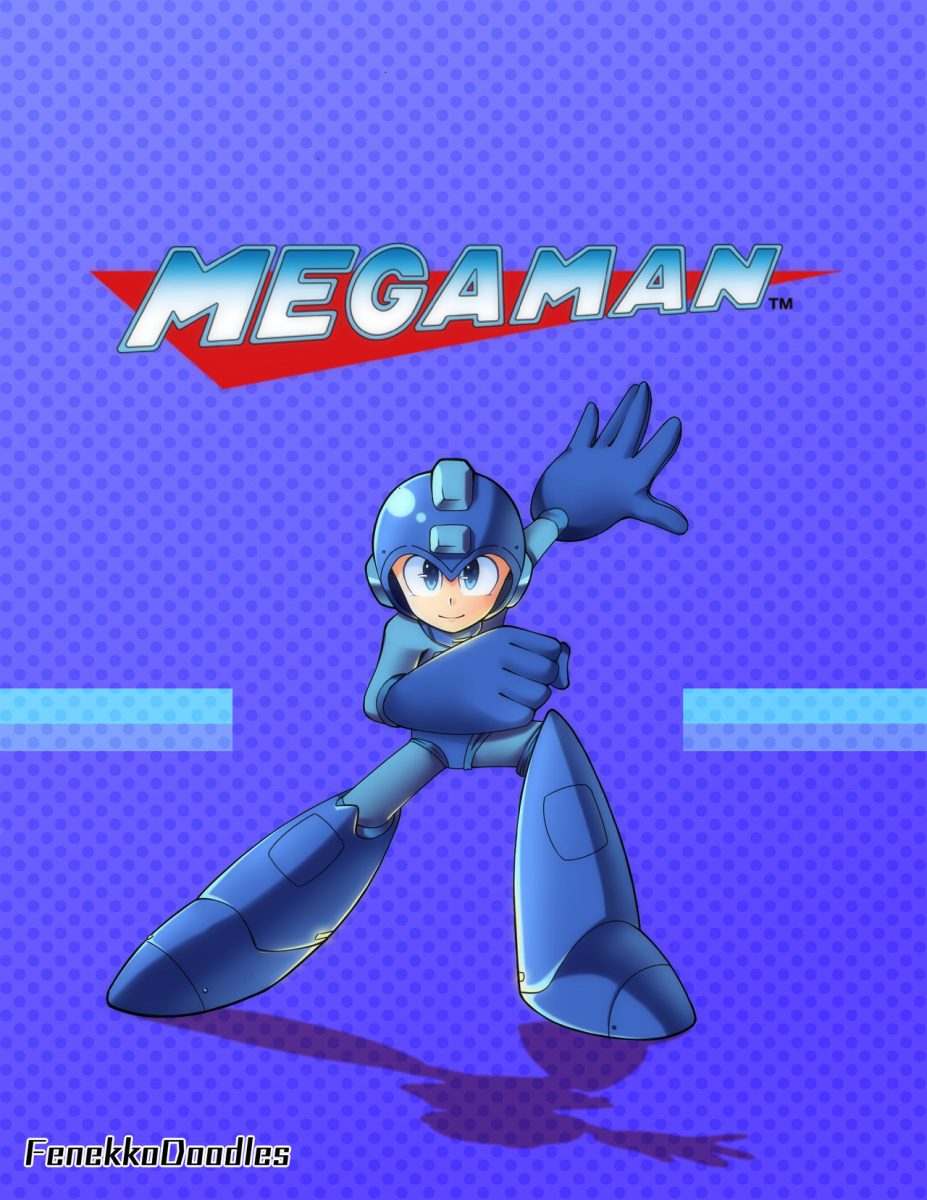


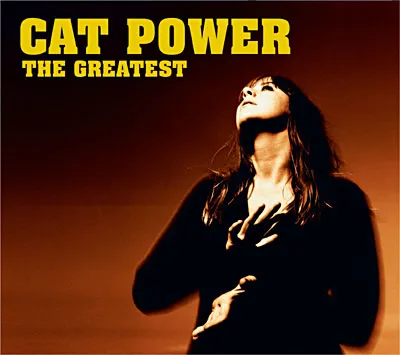
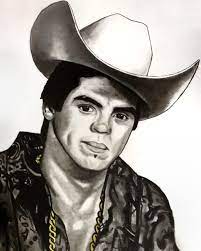
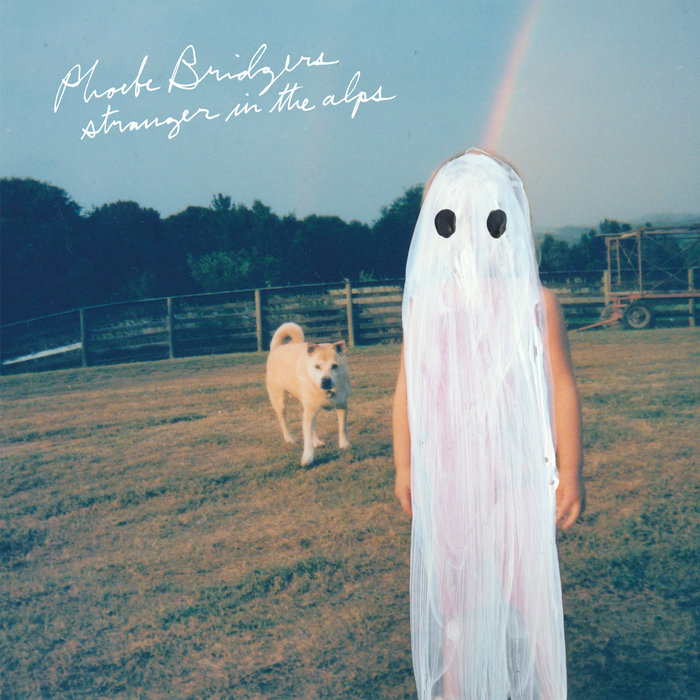







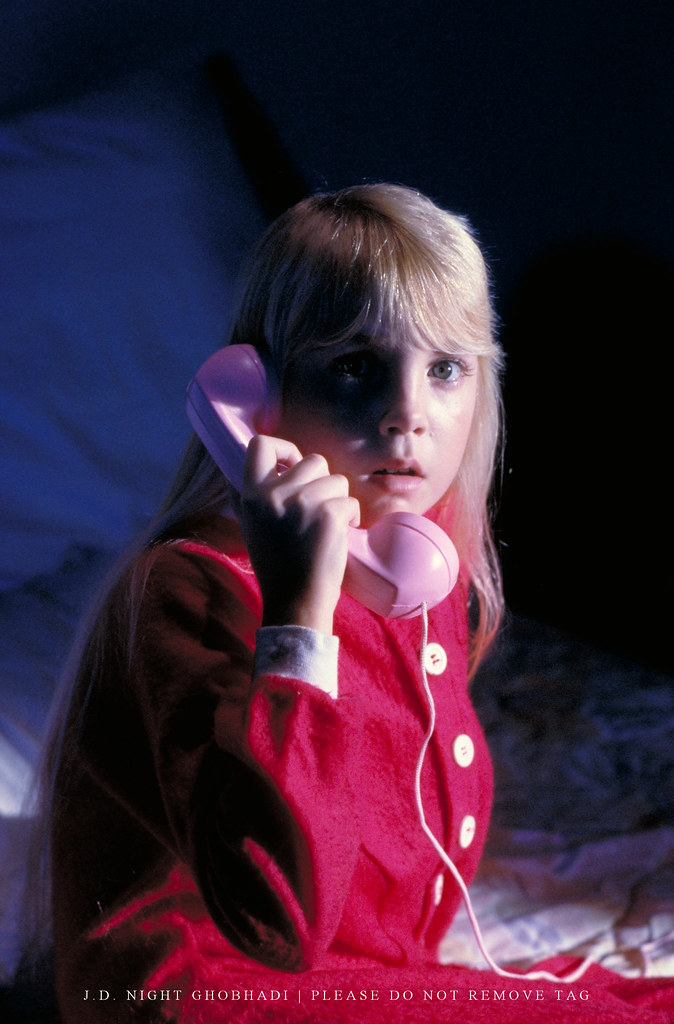

































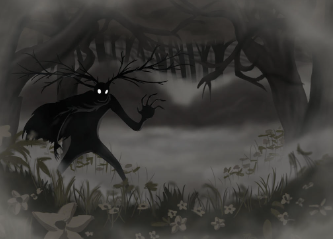
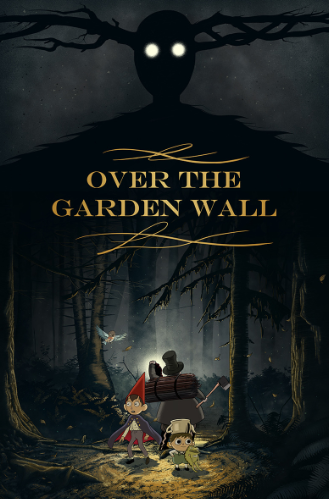



































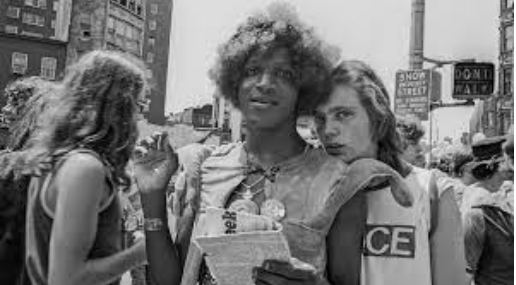
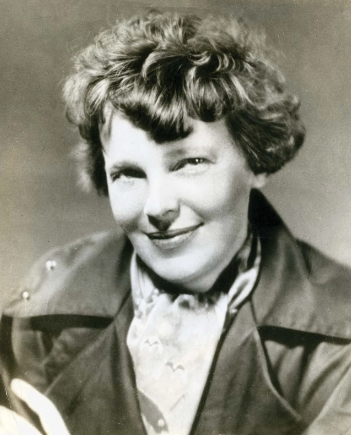
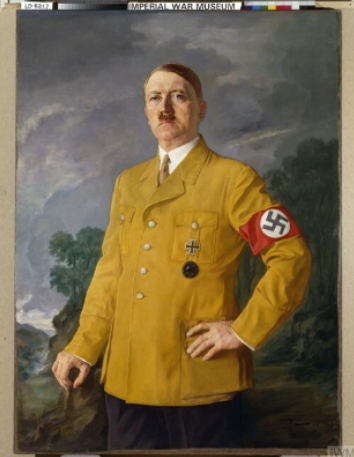
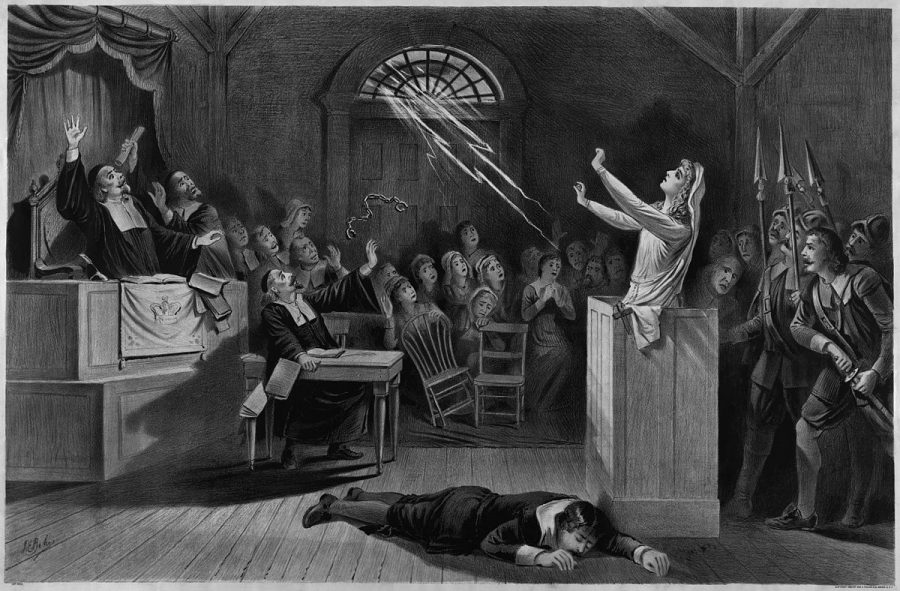









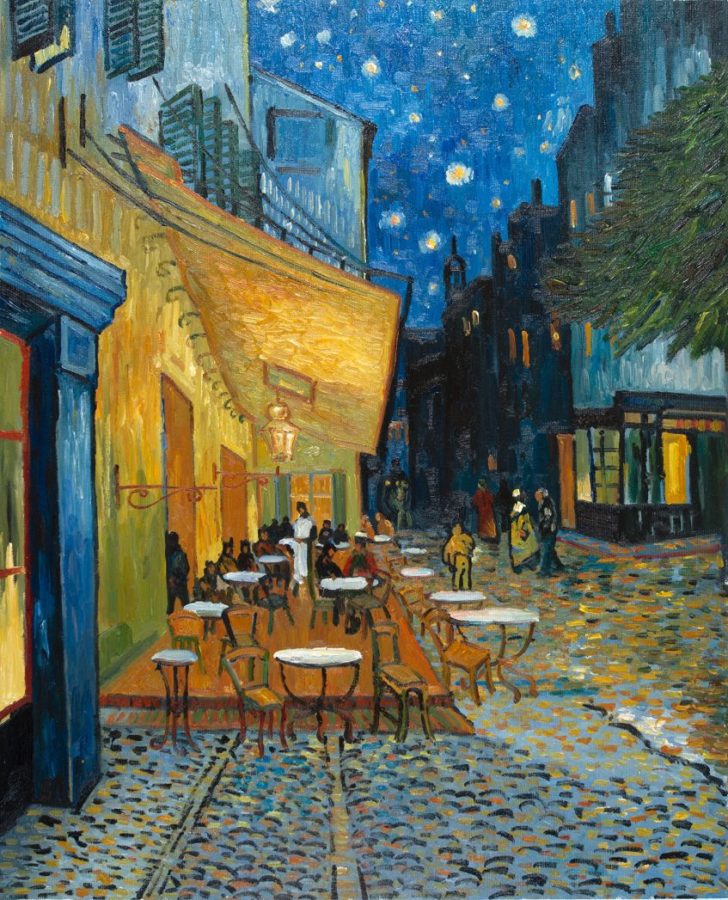


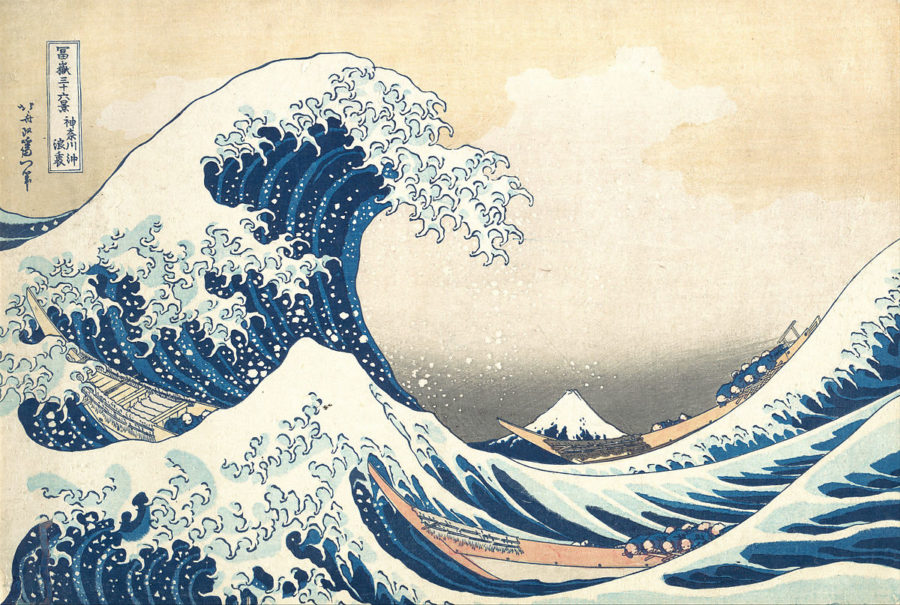










































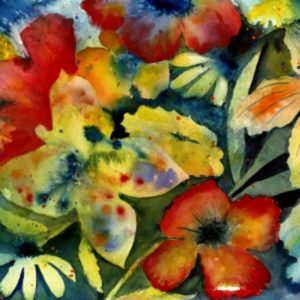




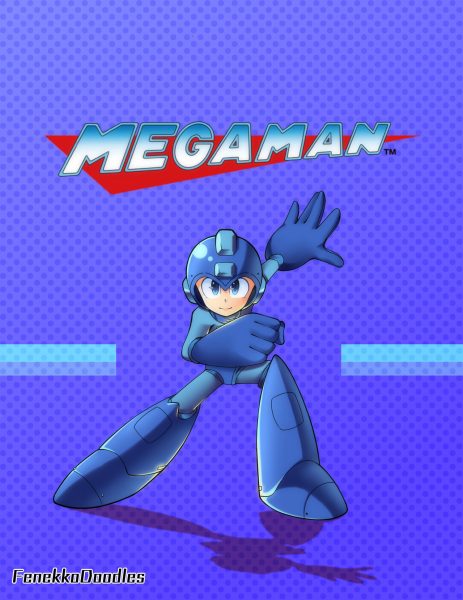





alo • Nov 8, 2021 at 8:48 am
just listened to the album for the first time while reading this and it was beautiful, thank you :}